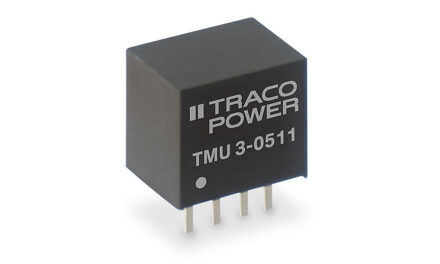Tony Kalcina, TM Forum Ambassador and Founder of Clarity, discusses highlights from Mobile World Congress 2013 and how they will affect OSS
It was clear at this year’s Mobile World Congress that the emphasis is now on a varied telecoms ecosystem, not just mobile. Plenty of fixed-line providers made their presence felt in Barcelona, confirming that they are a crucial part of a mix that will support the next generation of connected devices. For me, the event confirmed that the industry has moved beyond the hype of mobile and is now talking about holistic telecoms capabilities, whether services are delivered over mobile, WiFi or fixed line. The 2013 congress looked well beyond mobile and was embraced by all players in the wider ecosystem.
It’s no surprise then that collaboration was a key trend at this year’s show. Former competitors and niche vertical players are all joining forces to drive technology innovation and new revenue streams. From tower sharing initiatives amongst network operators, to partnerships across the m-commerce space (Samsung and Visa, for example) and Mozilla’s OS deal with 18 global carriers and handset manufacturers – cooperation, not competition, was the recurring theme of MWC.
The telecoms industry seems to finally have understood that success is not founded upon technology alone. Rather, it is creating a flawless end-user experience that is most crucial for all the players in this ecosystem. The belated arrival of fully fledged 4G services is a testament to this and there can be no doubt that this higher bandwidth, data orientated standard will be a revolutionary technology, clearing the way for a new generation of devices, services and content. But from a consumer perspective, what is most important is the basic understanding of how this technology will impact the end users daily life.
In the end it is subscribers who pay the bills. And subscribers, though often sold on the gadgets and networks technologies powering their favourite services, in the end it is the delivery of the service that matters. Whether they stream or download content over one technology or another isn’t important to them, their main concern is having a connection capable of delivering the service wherever and whenever they want it.
If such services are not available, operators not only miss out on revenue opportunities, but their subscribers become frustrated by the lack of connectivity and go elsewhere. No operator can afford this in an environment where more and more countries now have greater than 100 percent mobile penetration and falling voice and SMS revenue streams. At this year’s show we saw everything from connected cars to smart cities, but I was pleased to see a definite focus on the end-user experience.
Amongst all the glamorous new products on display in Barcelona, I nevertheless found myself realising just how much of this flawless customer experience will come down to the systems that guarantee that service delivery quality, like the OSS. Historically, OSS has focused on assuring the network, but in the future it will be far more about managing it to drive new capabilities. To achieve this, a holistic topology view of is needed; understanding the relationship between network, service, customer and business quality is vital. The focus for operators must be on providing rock-solid reliability and an exceptional customer experience, if they are to deliver on all the promises of this year’s Mobile World Congress. The foundation to achieving this? OSS.
Clarity



